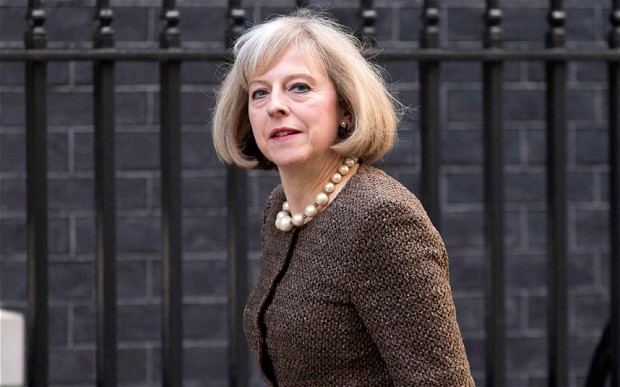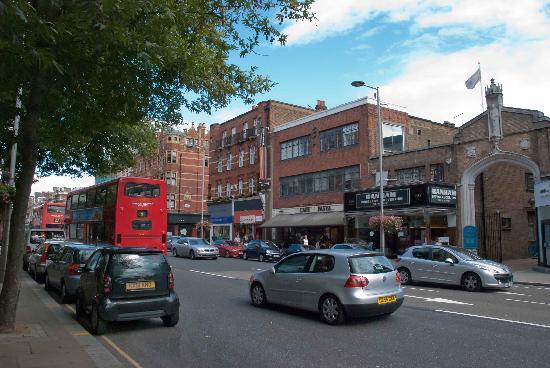Now Reading: Theresa May’s industrial plan falls short, risks mistakes, cautions UK lawmakers
-
01
Theresa May’s industrial plan falls short, risks mistakes, cautions UK lawmakers
Theresa May’s industrial plan falls short, risks mistakes, cautions UK lawmakers

UK’s new commercial strategy, unveiled previously this year to prepare the economy for Brexit, is not having the long-lasting thinking and risks making the same mistakes as before, failed plans, a group of lawmakers stated.
Prime Minister Theresa May revealed a “Modern Industrial Strategy” in January with the goal of increasing Britain’s weak productivity development and stimulating investment in innovation and research and development.
A group of lawmakers from a number of political parties stated in a report released on Friday that the plan did not have a co-ordinated method across government departments and there was insufficient cooperation with the private sector in sectors such as real estate.
The Business, Energy and Industrial Strategy Committee in the lower house of Britain’s parliament also contacted the government to drop its sector-by-sector method, which ran the risk of “a return to the discredited credo of ‘picking winners’.
Instead, country should concentrate on wider policies in areas including assisting industries move far from carbon-intensive power, and address issues in health and social care and transportation facilities, it said.
The announcement of the strategy in January represented a shift by May’s government far from the laissez-faire ideology championed by prime minister Margaret Thatcher and succeeding British leaders.
May has stated Britain prepares to leave not just European Union however also its single market for products and workers, raising the possibility of trade barriers for exporters and a shortage of knowledgeable personnel.
The EEF, a trade body representing British producers, stated the report was right to stress a long-lasting, extensive approach and advised the government to be more ambitious.
Stay Informed With the Latest & Most Important News
Previous Post
Next Post
-
 01Polestar Boss Says It’s Time To Outrun BMW M And Mercedes-AMG
01Polestar Boss Says It’s Time To Outrun BMW M And Mercedes-AMG -
 02Spy Shots: 2027 Mitsubishi Pajero Spotted in Testing Ahead of Possible U.S. Return
02Spy Shots: 2027 Mitsubishi Pajero Spotted in Testing Ahead of Possible U.S. Return -
 03Spy Photos: VW ID. Polo GTI Goes Electric with 223 HP and 280 Miles of Range
03Spy Photos: VW ID. Polo GTI Goes Electric with 223 HP and 280 Miles of Range -
 042026 Toyota Hilux EV: A Powerful Truck with Silent Torque
042026 Toyota Hilux EV: A Powerful Truck with Silent Torque -
 05The Controversial Ford Voodoo V8 That Was Killed Off Too Early
05The Controversial Ford Voodoo V8 That Was Killed Off Too Early -
![2027 Mercedes-Benz S-Class Debuts with V8 Engine [Photo Gallery]](https://speedlux.com/wp-content/uploads/2026/01/2027-Mercedes-Benz-S-Class-33-155x125.jpg) 062027 Mercedes-Benz S-Class Debuts with V8 Engine [Photo Gallery]
062027 Mercedes-Benz S-Class Debuts with V8 Engine [Photo Gallery] -
 07Hyundai Palisade’s Breakout Year Shows How Quickly the Market Can Turn
07Hyundai Palisade’s Breakout Year Shows How Quickly the Market Can Turn


![2027 Mercedes-Benz S-Class Debuts with V8 Engine [Photo Gallery]](https://speedlux.com/wp-content/uploads/2026/01/2027-Mercedes-Benz-S-Class-33-700x394.jpg)











































